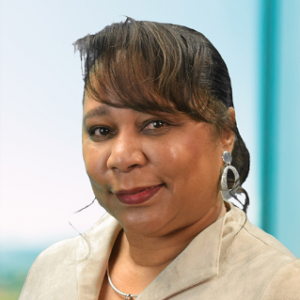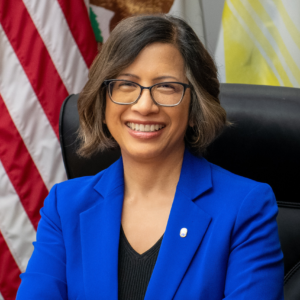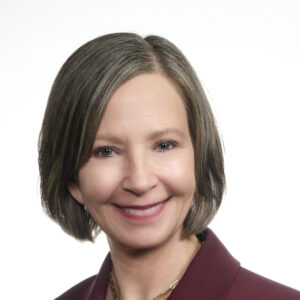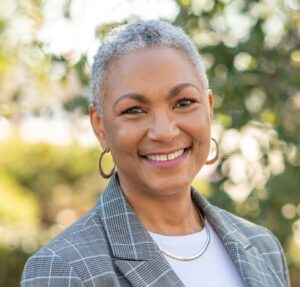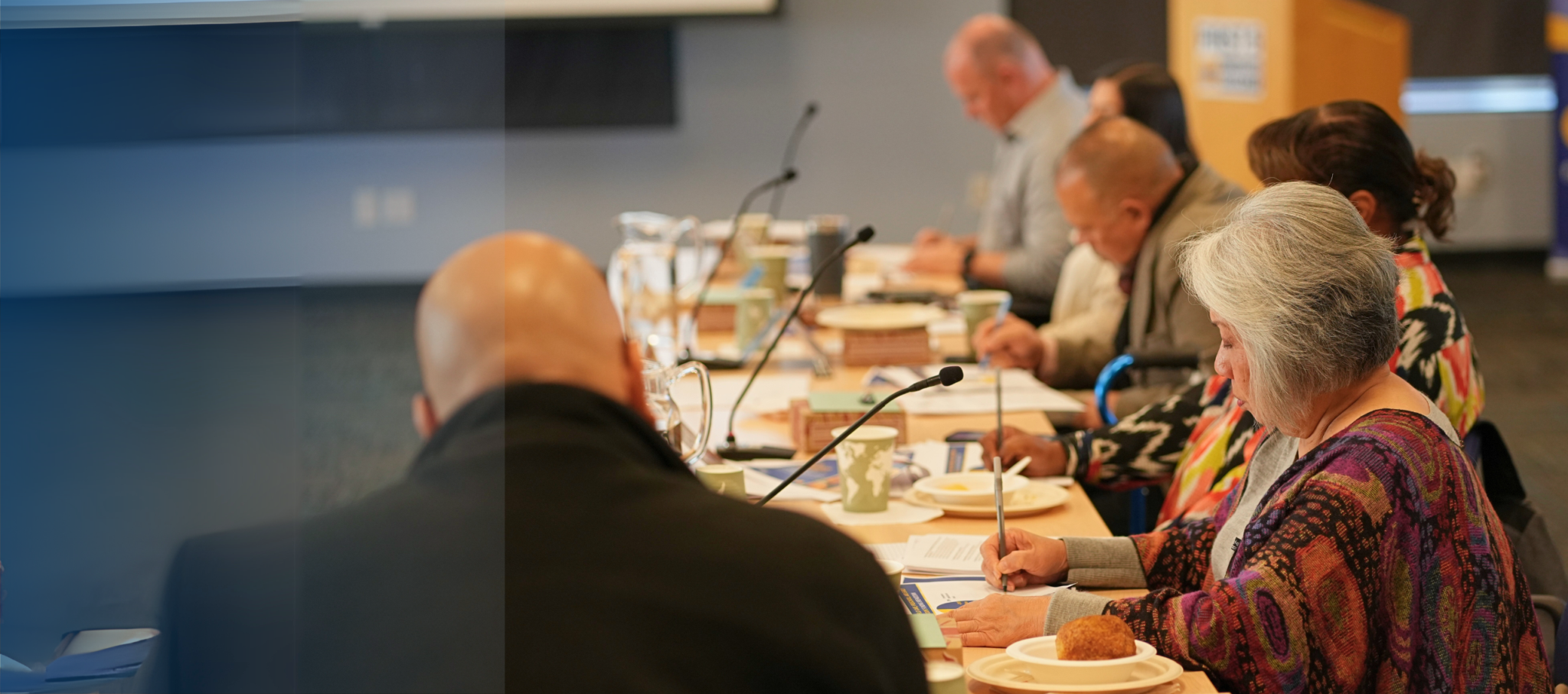
Commission
First 5 Alameda County Commission meetings are open to the public. The full commission meets up to six times a year.
Meeting Information
All meetings are open to the public. People who wish to attend the meeting can join online via Zoom or in person at our Conference Center at 1115 Atlantic Ave, Alameda, CA 94501.
Interpretation services are available in Spanish or Chinese upon request. Please contact Julia Otani at julia.otani@first5alameda.org or call (510) 227-6987 ten business days in advance if you need translation/interpretation support.
| DATE & TIME | LOCATION | AGENDA |
|---|---|---|
| Executive Committee CANCELLED 11 a.m. – 12:30 p.m. | ||
| Commission Meeting Thursday, December 11, 2025 9 a.m. – 11:30 a.m. | First 5 Alameda County Conference Center 1115 Atlantic Ave. Alameda, CA 94501 Zoom link: https://first5alameda-org.zoom.us/j/82742523509?pwd=WncLsvI4vaaeWu5IMqy3xeaI1I3q22.1 Zoom Meeting ID: 827 4252 3509 Passcode: 337292 | Agenda Meeting Book |
Meet First 5 Alameda County Commissioners
Teleconference Guidelines
Pursuant to Assembly Bill 361, First 5 Alameda County Commission meetings and committee meetings are held by teleconference only. No physical location will be available for these teleconference meetings; however, members of the public will be able to watch or participate in the meetings, as noted below.
- Written Comment are accepted 24 hours prior to the scheduled meeting, unless otherwise noted on the meeting agenda. To provide written comment on an item on the agenda or to raise an issue as Public Input, you may send an email to julia.otani@first5alameda.org. Please include your name, and either the agenda item number you are addressing, or that your comment falls under Public Input. Copies of all written comments submitted by the deadline above will be provided to each Commissioner and will be added to the official record. Written comments submitted after the deadline will only be added to the official meeting record. Comments will NOT be read into the record.
- Spoken public comments will be accepted through the teleconference meeting. To address the Commission or Committee, click on the following link to access a Zoom-based meeting. You may also call into the meeting by smartphone. Please read the following instructions carefully.
You may download the Zoom client or connect to the meeting in-browser. If using your browser, make sure you are using a current, up-to-date browser: Chrome 30+, Firefox 27+, Microsoft Edge 12+, Safari 7+. Certain functionality may be disabled in older browsers including Internet Explorer. You will be asked to enter an email address and name
- We request that you identify yourself by name as this will be visible online and will be used to notify you that it is your turn to speak.
- When the Commission or Committee Chair calls for the item on which you wish to speak, click on “raise hand.” The staff will activate and unmute speakers in turn. Speakers will be notified shortly before they are called to speak.
- When called, please limit your remarks to the time limit allotted.
In compliance with the Americans with Disabilities Act and the Brown Act, those requiring accommodation for these meetings should notify First 5 Alameda County 24 hours prior to the meeting at (510) 227-6987 or julia.otani@first5alameda.org
Archive of Meeting Documents 
 Filter
Filter
Search
Meeting Type
Date
Language
 Filter
Filter
Search
Meeting Type
Date
Language

Equity Statement
As part of our continued work to center equity in our programming, investments, and advocacy, we engaged in a participatory agencywide learning and development process to update our equity statement to encompass our current work, intentions for continuous learning and improvement, and commitment to accountability.
Every extra year of exposure to a positive childhood environment makes a significant impact on long-term outcomes.
Dr. Raj Chetty, William A. Ackman Professor of Economics at Harvard University

